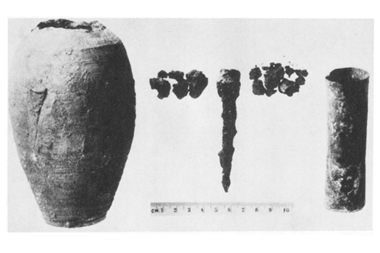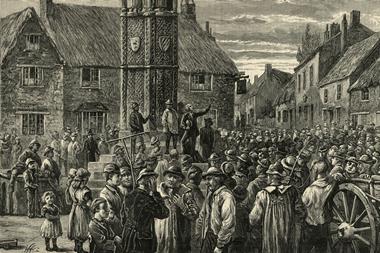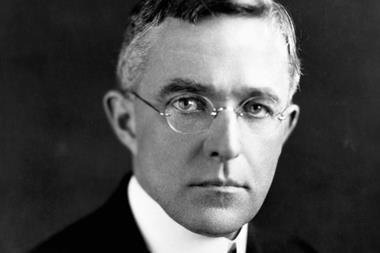US chemists have delved into the history of organic chemistry to better predict the effect that functional groups will have on one another within a molecule
Every synthetic chemist knows that a functional group in one part of a molecule can have an influence on the reactivity of other functional groups within the molecule, or impact upon the feasibility of a reaction. In Chemical Science (DOI: 10.1039/c2sc00011c) researchers from the US have delved into the history of organic chemistry to help chemists better predict the effect that functional groups will have on one another within a molecule.
Traditionally, chemists have had to rely on the information contained in books, journals, databases or, commonly, personal experience in order to estimate the effect one functionality will have on another. However, the reliance on these sources may soon be a thing of the past thanks to Bartosz Grzybowski and his colleagues from Northwestern University, Illinois, who have extracted reactions recorded in the scientific literature to gain a better understanding of their complex interactions.
Using literature dating back to 1779, the group has designed software called ChemGPS that is able to predict whether one functional group will activate or deactivate another functional group in the same molecule. Such useful information could, in the future, allow researchers to better decide which reactants are the most appropriate to use in their synthesis, saving both time and money.












No comments yet